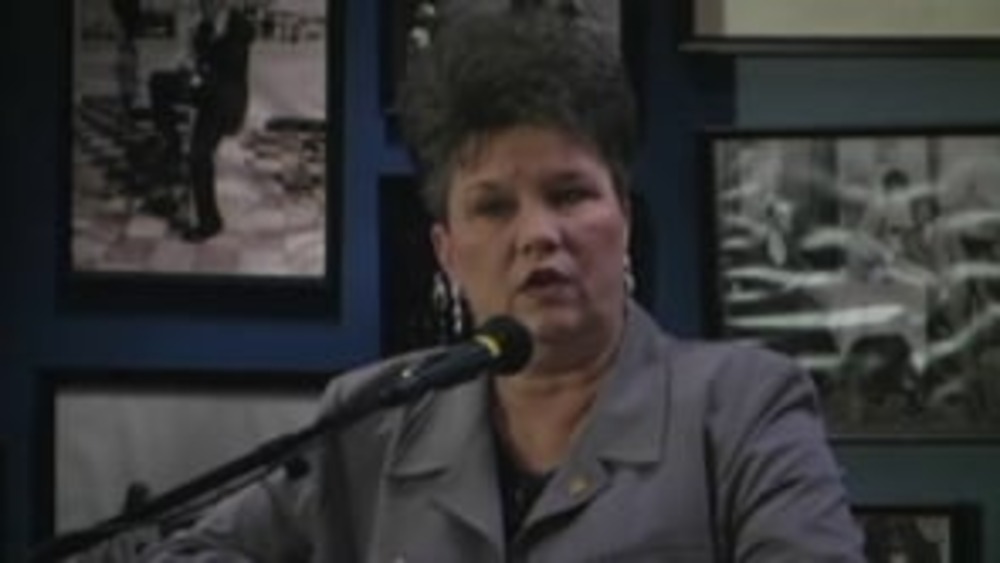Indigenous Governance Database
loan counseling
Thumbnail

Honoring Nations: Kay Perry: Chuka Chukmasi Home Loan Program
Kay Perry with the Chickasaw Nation's Housing Counseling and Loan Service program provides an overview of the Chuka Chukmasi Home Loan Program and how the program uses human and financial resources wisely.
